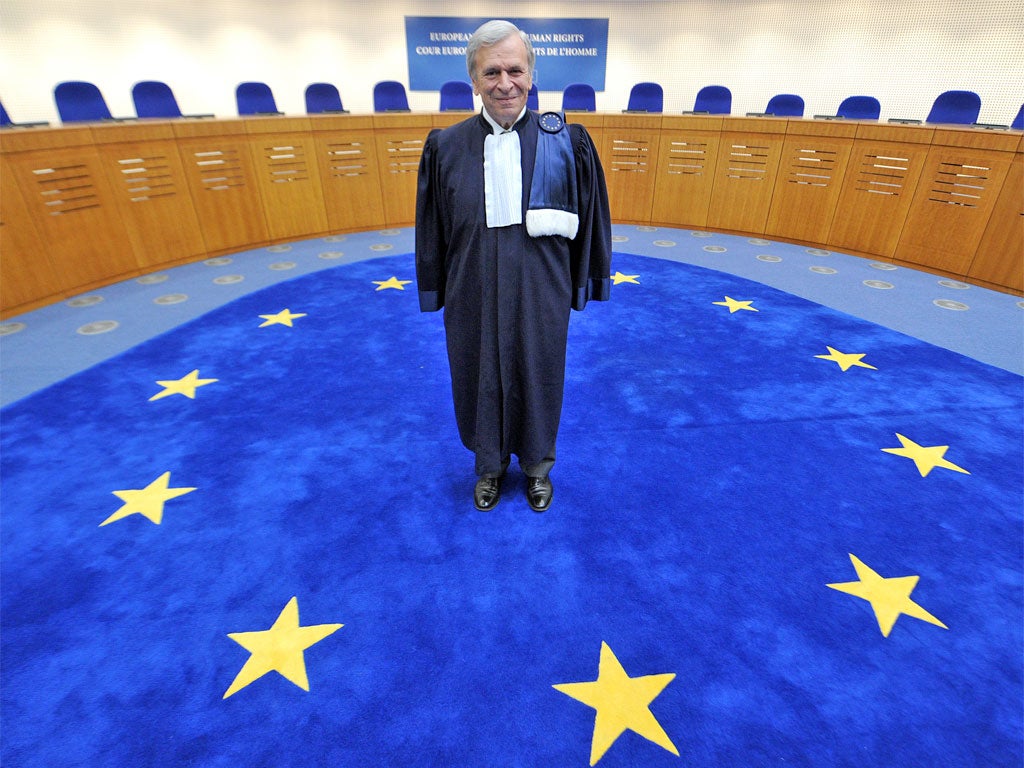The Independent's journalism is supported by our readers. When you purchase through links on our site, we may earn commission.

Your support helps us to tell the story
From reproductive rights to climate change to Big Tech, The Independent is on the ground when the story is developing. Whether it's investigating the financials of Elon Musk's pro-Trump PAC or producing our latest documentary, 'The A Word', which shines a light on the American women fighting for reproductive rights, we know how important it is to parse out the facts from the messaging.
At such a critical moment in US history, we need reporters on the ground. Your donation allows us to keep sending journalists to speak to both sides of the story.
The Independent is trusted by Americans across the entire political spectrum. And unlike many other quality news outlets, we choose not to lock Americans out of our reporting and analysis with paywalls. We believe quality journalism should be available to everyone, paid for by those who can afford it.
Your support makes all the difference.Not to be confused with the European Court of Justice, the European Court of Human Rights (ECHR) was set up in 1959 to enforce the European Convention on Human Rights and is independent of the European Union.
Seen by some as an essential instrument for the safeguarding of civil rights, it is also deeply unpopular with eurosceptics and others who view it as a threat to British sovereignty.
Concern over rulings including DNA databases, the deporting of radical cleric Abu Qatada and prisoner voting have prompted calls from the Conservative Party for the Human Rights Act to be scrapped and replaced either with a British Bill of Rights, or not at all. This would transfer ultimate authority in human rights matters to the UK Supreme Court.
While the ECHR remains politically divisive domestically, the UK has a comparatively good record when it comes to human rights rulings. The UK was ruled against eight times in 2011, compared to 121 rulings against Russia and 31 against Germany. Belarus has not signed up to the convention at all.
The Numbers
1,157 – Judgements delivered, as of 2011. Source: ECHR
46 – Number of ECHR judges - a judge for each country that has signed up to the European Human Rights Convention. Source: BBC News
£825,000 – Cost to the Government in legal fees after repeated failed attempts to deport radical cleric Abu Qatada up to May 2012. Source: The Independent
121 – Rulings against Russia for human rights violations in 2011. This is the most of any country covered by the court. The UK was ruled against on eight occasions. Source: ECHR
97% - UK cases filed at the court between 1966 and 2010 which were struck out as inadmissible. Source: ECHR
Further Reading
Give prisoners a stake in our democracy, Terence Blacker, The Independent, 2012
The European Court of Human Rights enhances our democracy, Ben Emmerson, The Independent, 2011
We’re British, which means Abu Qatada should stay, John Rentoul, the Independent, 2012
The oddity of Britain’s human rights debate, Bagehot, The Economist, 2012
Timeline
1950 – The European Convention on Human Rights is signed. The UK is a founding signatory under Prime Minister Clement Attlee.
1959 – The ECHR is set up in Strasbourg, France
1989 – Following the fall of the Berlin Wall, several new states sign up to the Convention leading to a sharp increase in applications to the court
1998 – The Human Rights Act comes into law in the UK, enshrining the freedoms contained in the European Convention on Human Rights
2004 – The ECHR rules that the UK’s blanket ban on prisoner voting is a breach of human rights law.
2008 – The ECHR rules against the retention of DNA samples from people not charged with an offence.
2010 – The Lord Chief Justice warns that the ECHR is threatening to “assume an unspoken priority over [UK] common law”
Feb 2011 – The centre-right think tank Policy Exchange calls for the UK to consider withdrawing from the ECHR
May 2011 – The ECHR rules against a bid by ex-Formula One boss Max Mosley to make newspapers warn people before publishing stories about their private lives
Jan 2012 – The ECHR blocks deportation of radical cleric Abu Qatada from UK to Jordan over fears he will be subjected to torture
Join our commenting forum
Join thought-provoking conversations, follow other Independent readers and see their replies
Comments